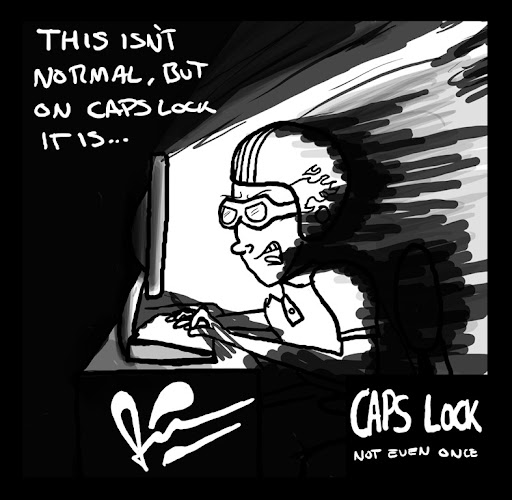The problem is the framework. Sometimes they are right, and they are right because it's science. Sometimes they are wrong because the science isn't there yet. Science can be falsified and tested and improved upon. Just because sometimes science isn't right doesn't mean that you are allowed to abandon the scientific framework.
I agree entirely. What I
don't like is when psychopharmacologists give a "scientific" explanation for the effect of a drug, or lack thereof, or the appearance of some side effect,
when the science doesn't exist to support this explanation; it's a hypothesis which has not been proven, and they proceed to test their hypotheses on their patients. THEY're the ones abandoning the scientific framework when they do this, in my opinion. And I think you'd agree.
Because if you abandoned Stahl you have NOTHING left. I suppose by Stahl I meant science, and by Stahl you meant that perversion of science. To the extent of his textbook and his advocacy though, I would say most of it is science, not the perversion thereof. And he is quite astutely aware of the limitations of these models.
I never said Stahl was not a scientist. He's more knowledgeable than you or I, that's for sure. Most-- if not all-- of what he writes has a legitimate scientific basis. Unfortunately, if you read some of his writings carefully (and look at who has paid for each article), he often "spins" the science in such a way to make a new drug seem effective, according to models that have
not yet been validated clinically. (If you want examples of this, check out what he's written lately for Latuda, Silenor, and Deplin.)
There's something frustrating about psychiatrists who want to focus on therapy when there are cheaper alternatives out there who can do therapy as well or better than you can.
The reason others can do therapy "better than I can" is not because I can't (or don't want to) do therapy. It's because this field has forced me to be a pharmacologist. When the limitations of pharmacology become apparent, we become defensive and pound the table for "more research," when in fact an alternate approach might help a good number of our patients.
This really takes away someone who's trained to do pharm on the persistent-severely mentally ill to treat the well-off worried well.
Again, I never said I would not treat the severely mentally ill, or withhold medications from them.
But to say that the money provided by pharma is not necessary and to advance pharmacotherapy for mental illness is not essential to the survival of this field is just simply unconscionable.
Jeez, I have to correct this statement, too?

I never said that pharma money wasn't necessary to advance pharmacotherapy. Pharma money is
essential for new drug development, and I think we both agree we need better medications (and a better understanding of the biology of mental illness). I just think we ought to think "outside the box" for alternative strategies, given the reality of Big Pharma's exodus from CNS research. Sure, this might hurt guys like Stahl (and it might force you and I to go back and refresh our therapy skills), but it's the reality of our current situation. And I believe that many patients might actually benefit in the long run.
And one for those of us like you, who would rather do "medical humanities."
And what would be so wrong with that? We're all humans, aren't we?



 I never said that pharma money wasn't necessary to advance pharmacotherapy. Pharma money is essential for new drug development, and I think we both agree we need better medications (and a better understanding of the biology of mental illness). I just think we ought to think "outside the box" for alternative strategies, given the reality of Big Pharma's exodus from CNS research. Sure, this might hurt guys like Stahl (and it might force you and I to go back and refresh our therapy skills), but it's the reality of our current situation. And I believe that many patients might actually benefit in the long run.
I never said that pharma money wasn't necessary to advance pharmacotherapy. Pharma money is essential for new drug development, and I think we both agree we need better medications (and a better understanding of the biology of mental illness). I just think we ought to think "outside the box" for alternative strategies, given the reality of Big Pharma's exodus from CNS research. Sure, this might hurt guys like Stahl (and it might force you and I to go back and refresh our therapy skills), but it's the reality of our current situation. And I believe that many patients might actually benefit in the long run.